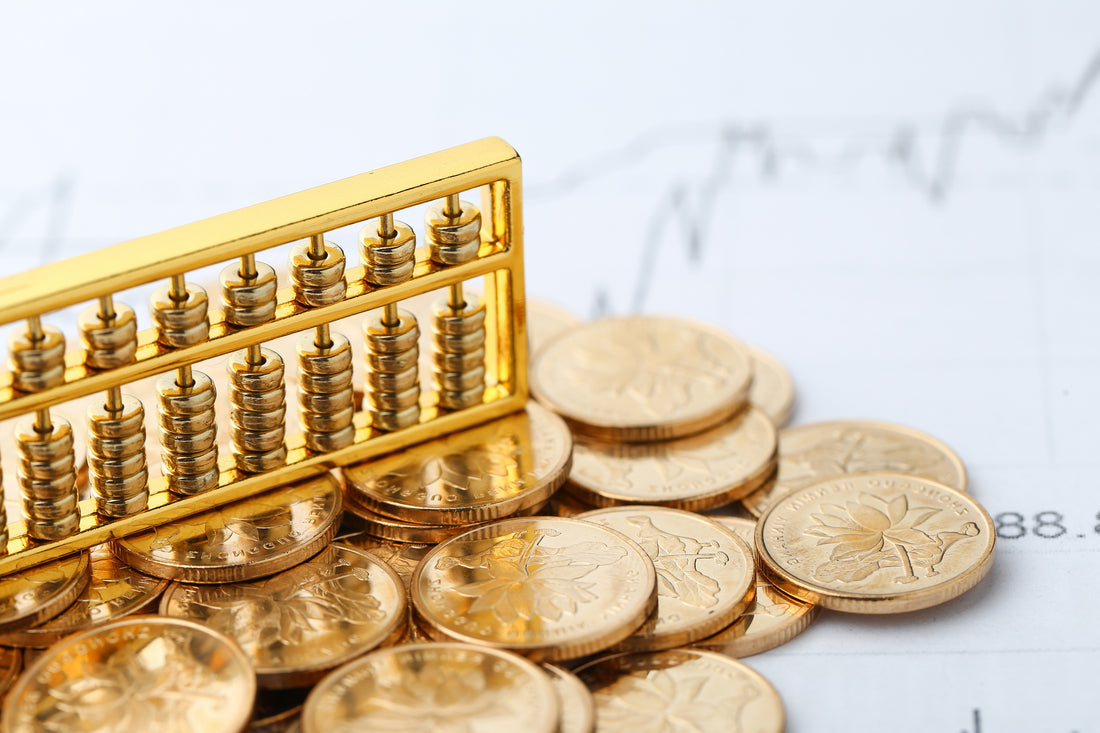
Who Decides the Price of Gold? Key Exchanges Around the World
Share
Gold is more than just a shiny metal; it's a symbol of wealth, a safe investment, and a commodity traded globally. The price of gold isn’t set by one person or one country. Instead, several key exchanges around the world play a major role in determining the price of gold. Let’s break down the most important ones and how they influence the gold market.
- London Bullion Market (LBMA)
The London Bullion Market, established in 1919, is one of the oldest and most important gold exchanges. Twice a day, in the morning and afternoon, a group of major international banks sets the official gold price for the world. This process is called the London Gold Fixing.
The price set here is often used as the standard for many gold trades around the world, especially by central banks and big investors. So, when you hear about the “price of gold,” it’s often referring to the LBMA’s price.
- New York Mercantile Exchange (COMEX)
COMEX, based in New York, is a major marketplace for trading gold futures. Founded in 1882, it’s known for setting gold prices through real-time trading. Gold futures are contracts where people agree to buy or sell gold at a set price in the future. The price is constantly changing depending on how many people want to buy or sell gold.
While the LBMA sets a daily price, COMEX’s price can change throughout the day, depending on market demand and investor decisions.
- Shanghai Gold Exchange (SGE)
The Shanghai Gold Exchange, founded in 2002, is the largest gold exchange in Asia and plays an important role in setting gold prices in China. China is one of the world’s biggest consumers of gold, and the SGE sets a price based on the physical buying and selling of gold in the country.
While it mainly influences prices in Asia, the SGE’s pricing has become more important globally, especially as China’s gold market continues to grow.
- Multi Commodity Exchange of India (MCX)
India, a major consumer of gold, has its own exchange called the Multi Commodity Exchange, or MCX. It was established in 2003 and allows people in India to trade gold futures. While the prices here are influenced by global markets like the LBMA and COMEX, MCX also reflects the unique demand for gold in India.
India's gold market is huge, so the MCX helps determine what gold will cost in India, impacting the local economy and investors.
- Dubai Gold and Commodities Exchange (DGCX)
Founded in 2005, the Dubai Gold and Commodities Exchange is a key platform in the Middle East for trading gold. Like the other exchanges, the DGCX sets prices based on gold futures contracts. While it doesn’t have the same global influence as the LBMA or COMEX, it’s important for gold trading in the Middle East.
- Other Regional Exchanges
In addition to these major exchanges, there are other smaller exchanges around the world that also affect gold prices, like:
- Hong Kong Mercantile Exchange (HKMEx) – This exchange offered gold futures trading but has since closed.
- Tokyo Commodity Exchange (TOCOM) – Based in Japan, it’s a key exchange for trading gold in Asia.
Conclusion: Why Gold Exchanges Matter
The goal of gold exchanges is simple: they provide a fair, transparent platform for people to trade gold. These exchanges help set a standard price for gold that reflects what buyers and sellers are willing to pay. By setting these prices, they help ensure that gold can be traded fairly all over the world.
Gold prices are affected by many factors, including supply and demand, economic events, and investor behavior. Gold exchanges like the LBMA, COMEX, and SGE are where these factors come together to create a global price. These prices not only impact gold traders but also governments, banks, and anyone who owns or buys gold. So, while the gold price may change from day to day, it’s the work of these exchanges that keeps things running smoothly, ensuring fair and consistent pricing worldwide.